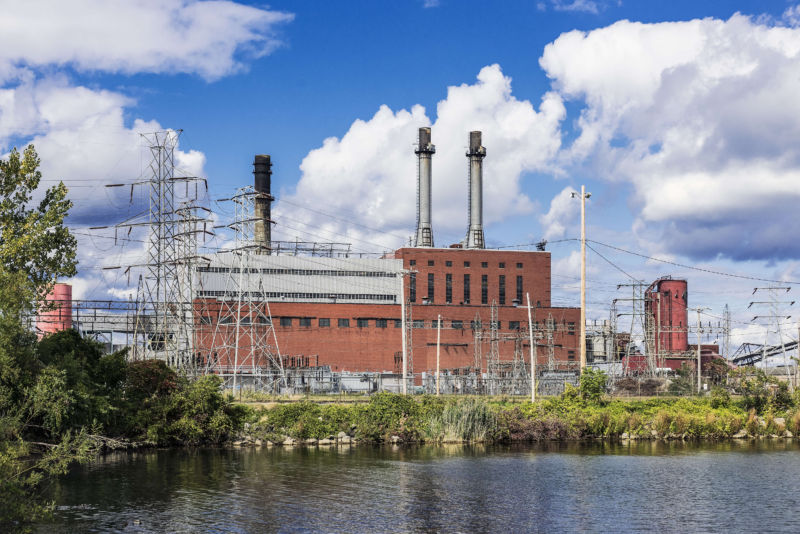Considering methane leaks, is moving from coal to natural gas all that good?

Enlarge / DUNKIRK, NEW YORK, 2016: A NRG-owned coal-fired energy facility that planned to convert to a natural gas facility. (credit: John Greim/LightRocket via Getty Images)
Coal is among the most polluting fuels that nations around the world use regularly to create electricity. It's especially bad in terms of carbon dioxide (CO2) emissions, and in order to slow climate change, we'll need to retire coal plants sooner rather than later.
Many have argued that, rather than retiring coal plants completely, they should be altered to burn natural gas if possible. Natural gas emits less than half the amount of carbon dioxide that coal does when it's burned, and it also emits fewer nitrogen oxides and less sulfur dioxide, pollutants that are harmful to human health. Natural gas is also dispatchable; unlike with renewables, we don't have to wait for the sun or the wind to appear to start generating electricity.
But using natural gas comes with less-obvious costs. Natural gas itself is mostly methane (CH4), which is an extremely potent greenhouse gas before it's combusted, although its lifetime in the atmosphere is much shorter than CO2. Numerous recent reports show that natural gas operations leak an uncertain amount of that methane-making it difficult to determine whether replacing coal with natural gas is actually better, at least in the short term, when lifecycle analyses of both fuels are compared.
Read 10 remaining paragraphs | Comments